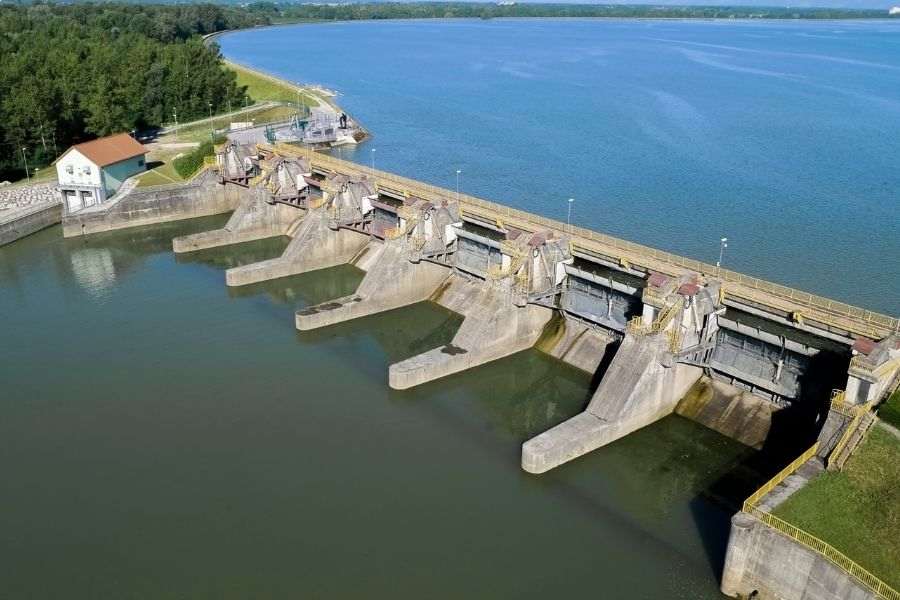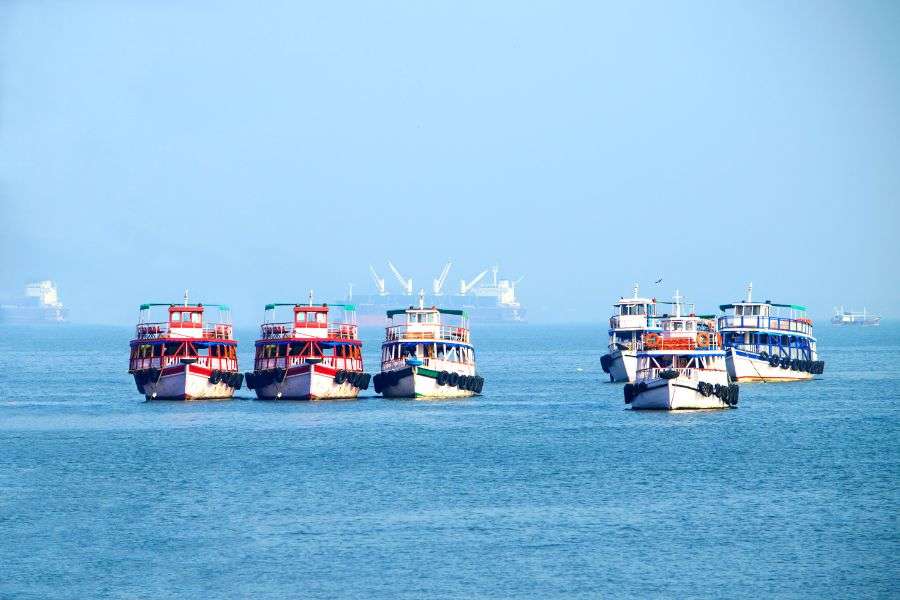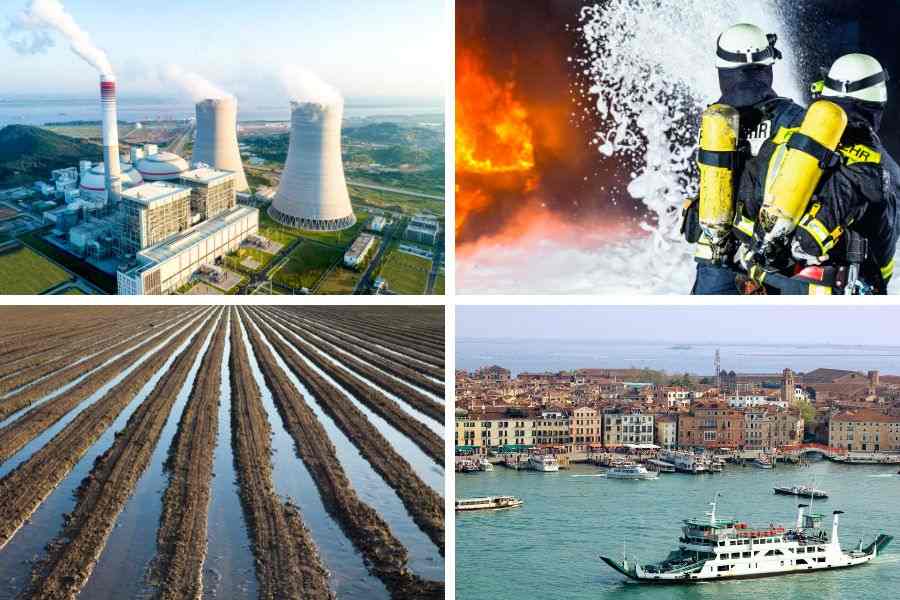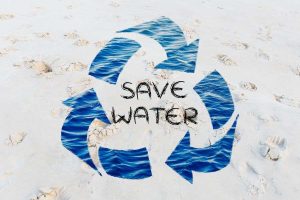Water is one of the most valuable resources on Earth and a crucial element for sustaining life, promoting economic growth, and maintaining environmental balance. The uses of water span across agriculture, industry, households, healthcare, energy, and transportation. From growing crops to generating electricity, water’s role is irreplaceable. Understanding these applications helps us value this resource and work toward its sustainable management.
In this article, we will explore the different uses of water in detail and understand why its conservation is critical.
Different Uses of Water
1. Agriculture uses of water
Agriculture is the largest consumer of freshwater worldwide, using nearly 70% of the global freshwater supply. Farmers depend on water for:

- Irrigation of crops during dry seasons or in arid regions.
- Keeping livestock hydrated and healthy.
- Supporting aquaculture (fish farming).
Without adequate water, food production would decline, threatening global food security. Efficient irrigation systems, such as drip irrigation, help conserve water while enhancing crop yield.
2. Domestic uses of water
In households, water plays a central role in daily life. Common domestic uses of water include:
- Drinking and cooking.
- Cleaning, washing clothes, and bathing.
- Watering gardens and plants.
Access to clean and safe drinking water is essential for good health. Proper treatment and filtration ensure the water we use is free from contaminants and safe for consumption.
Read this also: How much water on earth is freshwater?
3. Industrial uses of water
Industries rely heavily on water for various purposes:
- Cooling machinery and power plants.
- Manufacturing products like textiles, steel, and paper.
- Producing food, beverages, and pharmaceuticals.

For example, power plants use water as a coolant or to produce steam for turbines. Recycling water within industrial processes can significantly reduce wastage and environmental impact.
Read this also: How to prevent water pollution?
4. Medical uses of water
In healthcare, water is critical for maintaining hygiene and supporting treatments:
- Hospitals use sterile water for surgeries and cleaning instruments.
- Water is part of many medical solutions and treatments.
- Sanitation systems in healthcare facilities depend on clean water.
Access to pure water is essential for preventing infections and ensuring safe patient care.
5. Firefighting uses of water
Water is the primary tool for extinguishing fires due to its cooling and smothering properties. Firefighters rely on large water supplies to:

- Control flames in residential, industrial, and forest fires.
- Prevent the spread of fire.
- Clean firefighting equipment.
Maintaining accessible water sources in cities and rural areas is crucial for effective firefighting.
6. Energy generation uses of water
Water plays a key role in producing electricity:
- Hydroelectric power plants use flowing water to spin turbines.
- Thermal and nuclear plants use water for cooling systems.

Hydropower is a renewable energy source that reduces carbon emissions, making it an eco-friendly choice for sustainable energy production.
Read this also: What are the water pollution causes?
7. Transportation uses of water
Waterways such as rivers, lakes, seas, and canals have been vital transportation routes for centuries. Transportation uses of water include:
- Moving goods and raw materials across countries.
- Passenger ferries and cruise ships.
- Fishing and tourism activities.

Water transport is a cost-effective and environmentally friendly mode of transportation compared to road and air transport.
Conclusion
The uses of water are deeply woven into our lives and the functioning of society. From farming to firefighting, from powering homes to transporting goods, water is indispensable. Conserving water is not just about saving a resource—it’s about securing our future. Sustainable water management ensures that this precious resource continues to support life for generations to come.
FAQs
What are the primary uses of water in daily life?
The main uses of water in daily life include drinking, cooking, bathing, cleaning, and gardening. It also supports sanitation and hygiene, which are essential for preventing diseases. Clean water is crucial for health, and safe supply systems ensure we receive contaminant-free water in our homes.
How is water used in agriculture?
In agriculture, water is primarily used for irrigation to grow crops, maintain soil moisture, and support livestock. Without water, crop yields would drop drastically, leading to food shortages. Modern irrigation techniques, such as drip and sprinkler systems, help farmers conserve water while increasing efficiency.
Why is water essential for industries?
Industries require water for cooling, heating, manufacturing, and cleaning purposes. Power plants, textile factories, and food processing units depend on water for smooth operations. Recycling and reusing industrial water help reduce environmental impact and conserve resources.
How does water help in energy generation?
Water is essential in hydroelectric plants, where flowing water spins turbines to generate electricity. It also cools machinery in thermal and nuclear plants. Utilising water for renewable energy sources, such as hydropower, helps reduce greenhouse gas emissions and supports sustainable energy goals.




